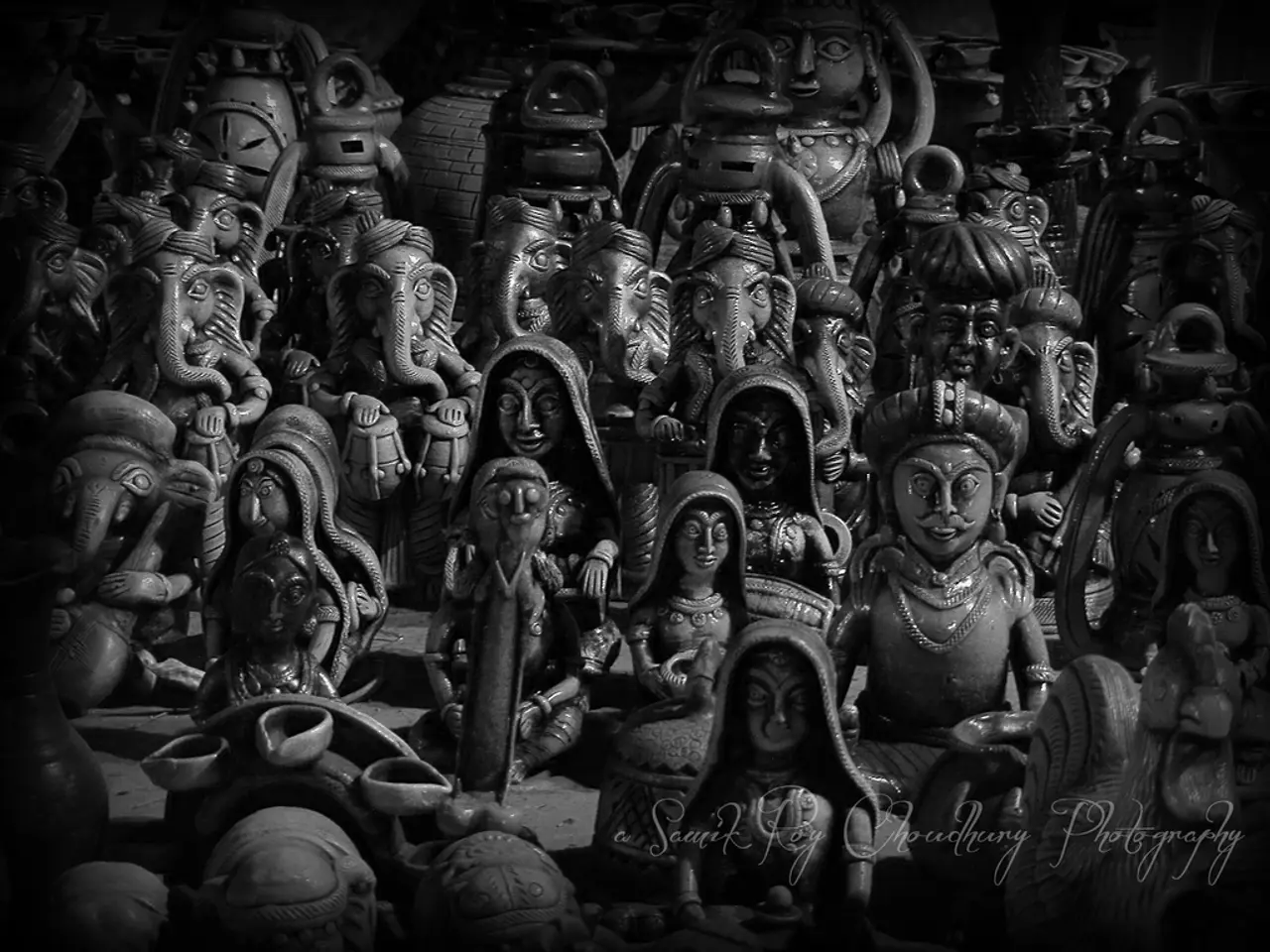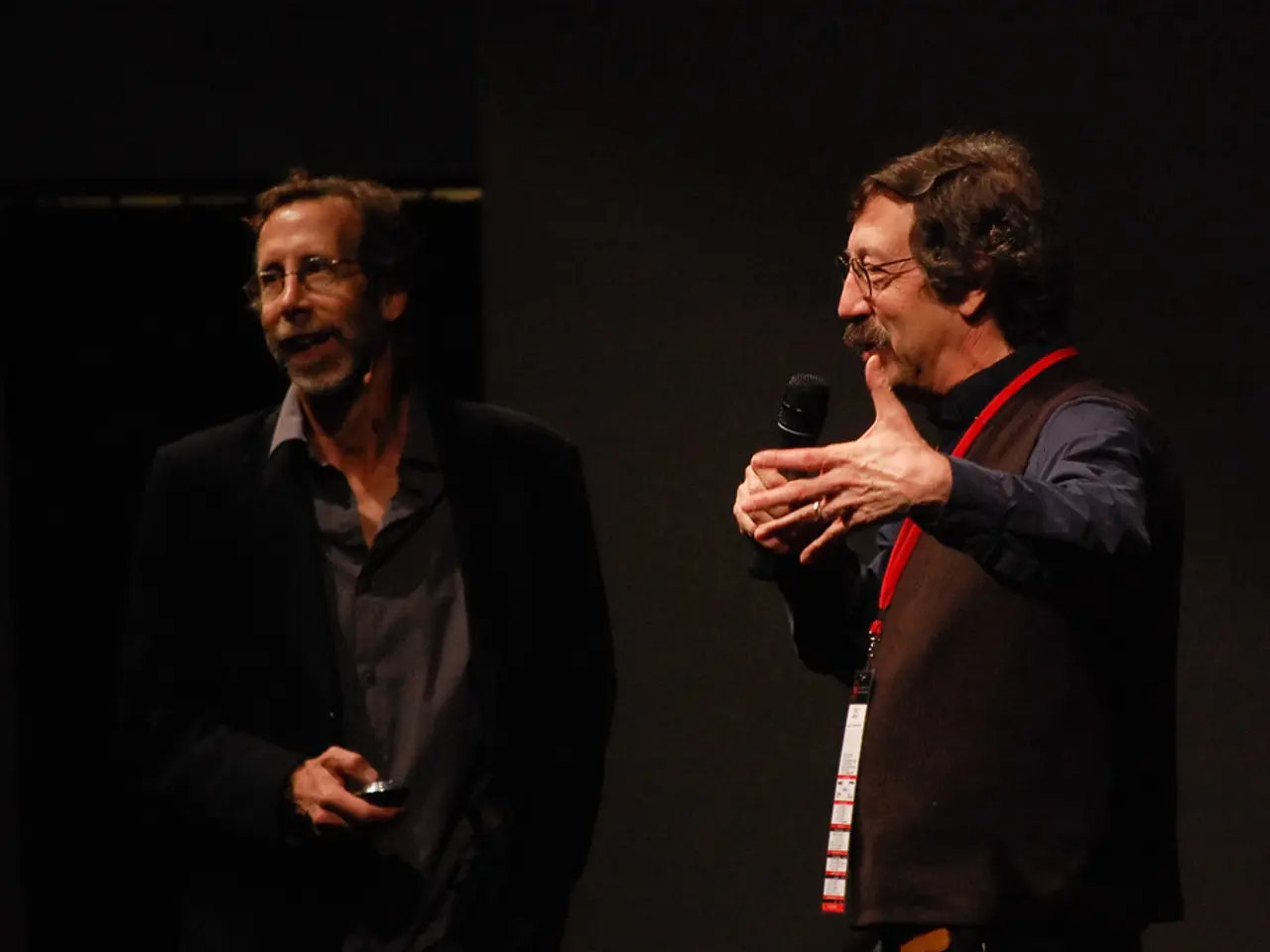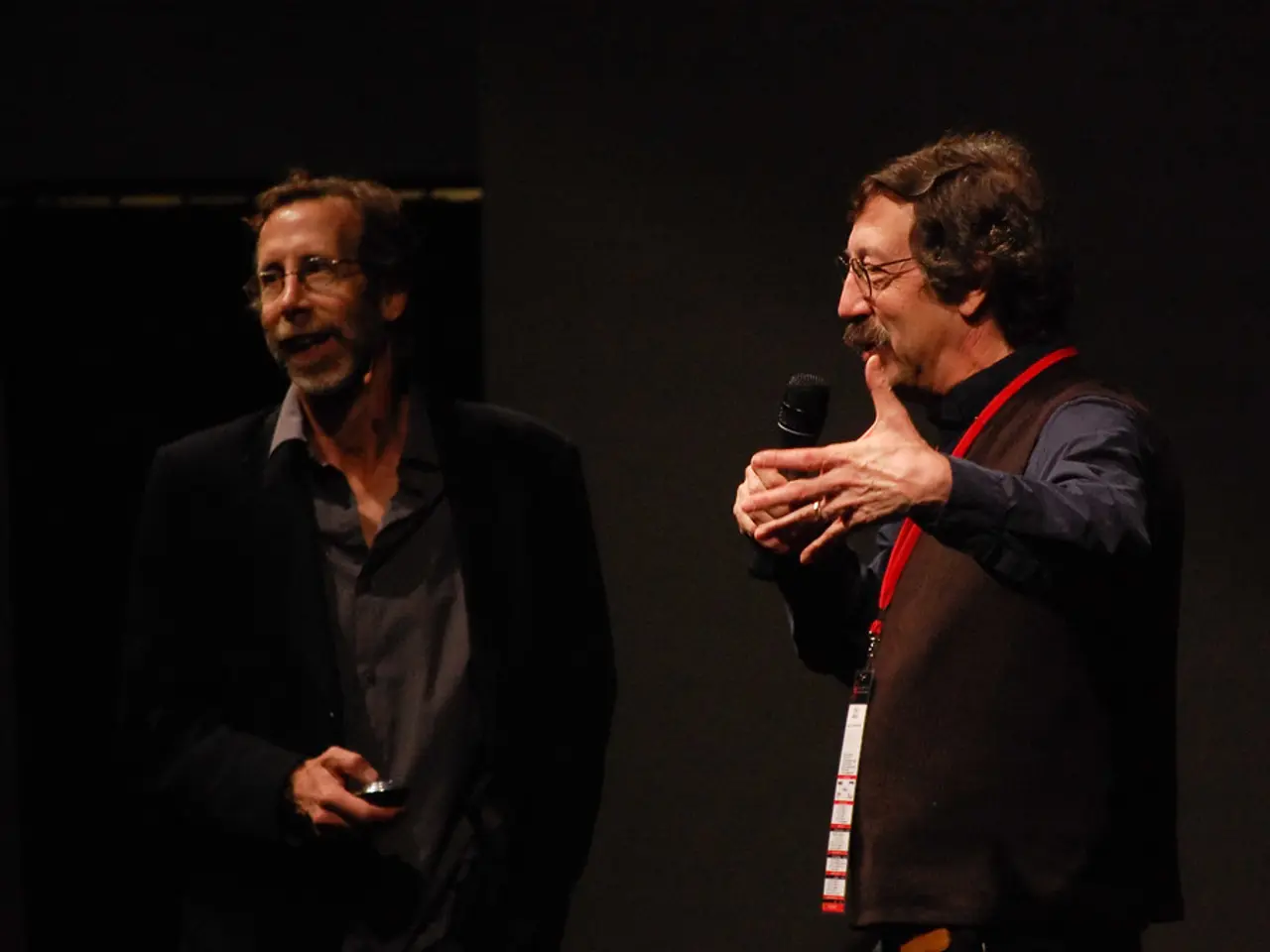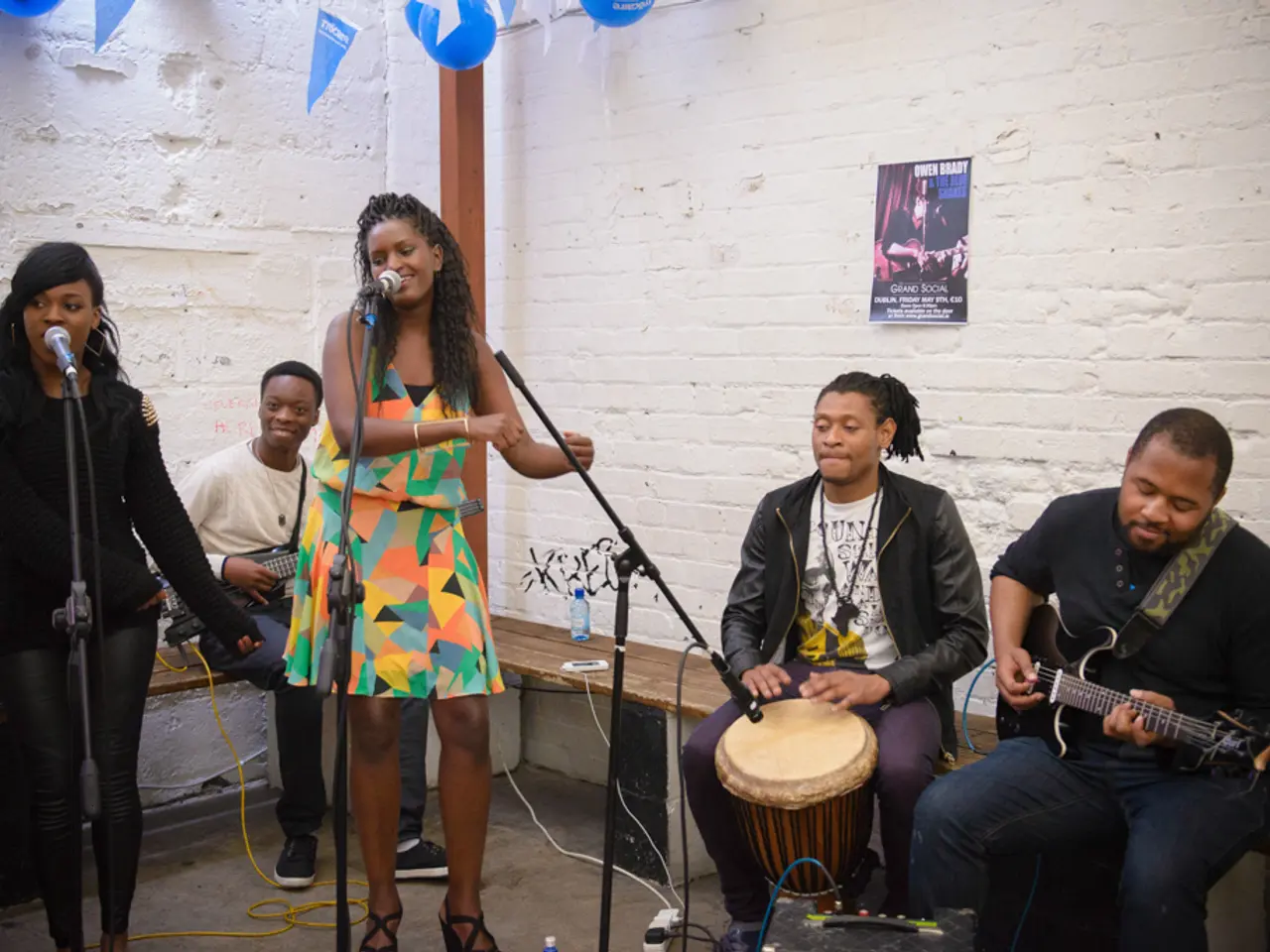Indian Cinema's Most Moving Moments: How "Tears and Customs" Make Unforgettable Heartbreaks in Indian Films
====================================================================
Indian cinema is renowned for its emotional storytelling, with a plethora of films exploring the intricate tapestry of human emotions, societal constraints, and cultural traditions. These heartbreaking films, often referred to as "Tears and Traditions," resonate deeply with audiences, creating a profound emotional impact that lingers long after the credits roll.
"Masaan" (2015) is one such film that weaves the grim realities of caste, tradition, and loss, as characters from Phaphamau seek hope amid tragedy and social condemnation. Viewers are advised to watch these films with tissues ready, as they are designed to connect with the heart and traditions.
"Thappad" (2020) is another powerful film that challenges the tradition of staying silent and forgiving, as a woman reasserts her dignity after a domestic misstep. This film offers more than just tearful moments; it makes us pause and reflect, question cultural norms, and uncover timeless truths.
"Dangal" (2016) is a film about female empowerment and patriarchal tradition, featuring emotional tension and triumph, but not without heartbreak. The key emotional elements in Indian cinema that make these films so powerful include profound explorations of identity, societal constraints, love, grief, justice, sacrifice, and redemption.
Classic films like "Sholay" blend emotional depth with themes of justice, vengeance, and sacrifice, along with unforgettable characters who embody universal desires to belong and be loved. These films often portray deeply personal yet universal emotional struggles through layered narratives, symbolic metaphors, and evocative music that elevate storytelling into a poetic experience.
For diaspora audiences, these films offer a window into Indian traditions and values that shape identity. They also raise important issues such as gender equality, mental health, and patriarchy, inspiring conversation and potential social reform.
"Taare Zameen Par" (2007) explores the pressure Indian families place on their children and a broken educational system, exposing the emotional pain of not fitting into cultural and academic norms.
Emotional films deeply connected to tradition offer more than just tearful moments. They make us pause and reflect, question cultural norms, and uncover timeless truths. By portraying authentic, relatable human emotions and conflicts, using poetic and metaphorical storytelling structures, employing music and sound as emotional languages that deepen impact, addressing cultural and societal issues intertwined with personal pain, and highlighting themes of love, loss, societal pressures, and ultimate redemption, these films are not only seen but deeply felt, making them timeless and universally resonant.
"The emotional impact of movies like 'Masaan' and 'Thappad' resonates not only with Indian audiences but also with those in the global 'movies-and-tv' community. Reviews often highlight their dramatic portrayal of societal issues and their ability to stir up meaningful discussions about cultural norms and traditions."
"For those eager to delve into the heart of Indian 'entertainment', 'Taare Zameen Par' is a moving drama that offers an evocative exploration of family, education, and societal expectations, leaving a lasting impact on viewers far beyond just 'reviews'."







